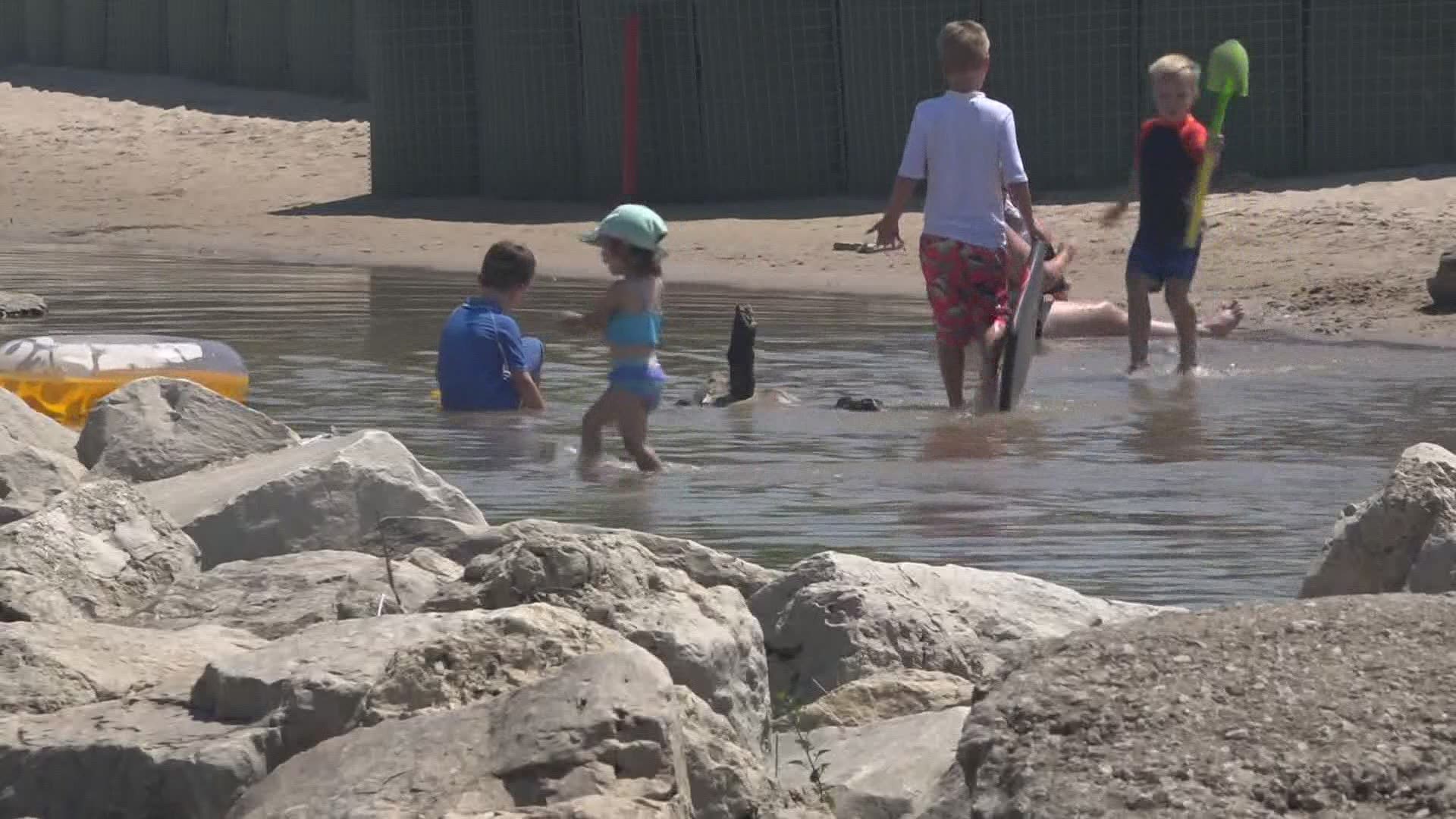GRAND RAPIDS, Mich. — With summer in full swing, many families are heading to the beach to take advantage of the warm weather.
Spending the day in the water can be fun, but it’s important to be aware of the dangers of swimming.
Drowning is the number one cause of accidental death for children up to age four and it’s the number two cause for children up to age 14.
Experts say drowning is preventable but should parents also fear something called “dry drowning?"
A few years ago, the term known as “dry drowning” struck fear in the hearts and minds of parents everywhere. But doctors really wish the term didn't exist.
The phenomenon refers to two different scenarios.
“The first thing it’s referring to is this idea that you can drown without really having any water in your lungs," said Dr. Erica Michiels, associate medical director of the Emergency Department, Helen Devos Children’s Hospital.
The second, after a day in the water with zero problems a child dies in their sleep from an apparent drowning.
“There have been some unfortunate social media posts that have described these kinds of events but if you really dug into the details you would find the child didn’t feel well, there were symptoms," Dr. Michiels said.
Michiels says 'dry drowning' isn’t a medical term.
“If your child had a great day at the beach, seemingly nothing went wrong then you should absolutely feel safe to put your child to bed that night," Michiels said.
Michiels says you can’t drown without water and there is no term necessary to describe the fact that drowning victims often do not have a lot of water in their lungs
“The problem, when you are drowning, is not water coming in, that’s not what kills you, what kills you is you can’t get your head above water and take a breath," Michiels said.
Michiels says if your child does accidentally breath in water be on the lookout for signs of trouble breathing, coughing, and vomiting.
“When kids aspirate water and damage their lungs and need to come to the hospital, I always tell families that it looks a lot like an asthma attack," Michiels said.
She says there are things you can do to prevent drowning, including putting safety vests on small children.
“The other thing that needs to happen is that parents really have to have eyes on those kids at all times. Drowning is not loud, kids aren’t screaming and yelling and splashing for help because they don’t have the energy to do that and they are usually under the water," Michiels said.
Experts say the term dry drowning is misleading but a near-drowning incident should always be taken very seriously.
People of all ages, even the strongest swimmers, can be a victim of drowning. For adults experts recommend never to mix drugs and alcohol with swimming.

